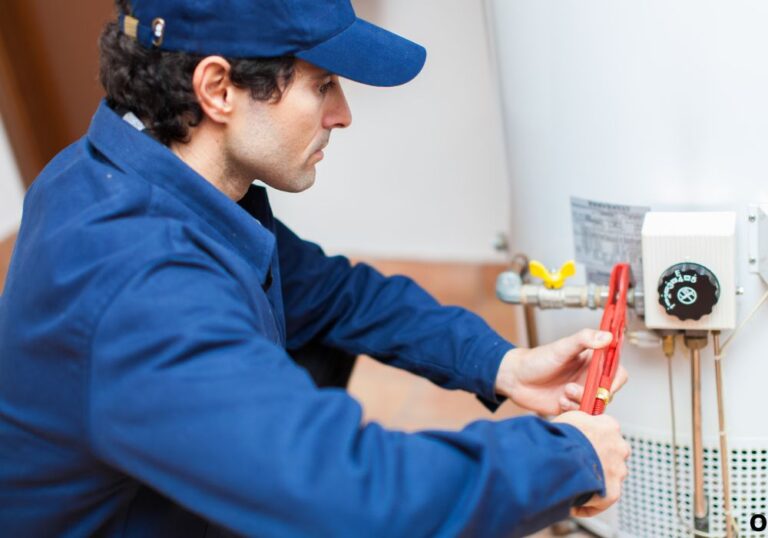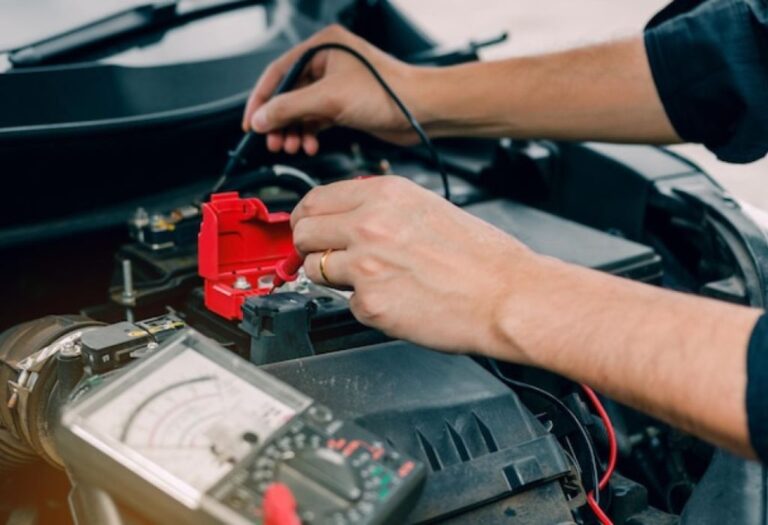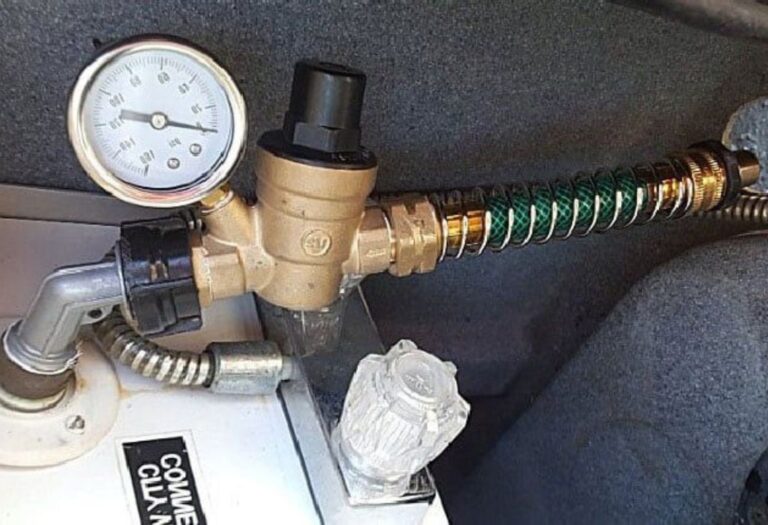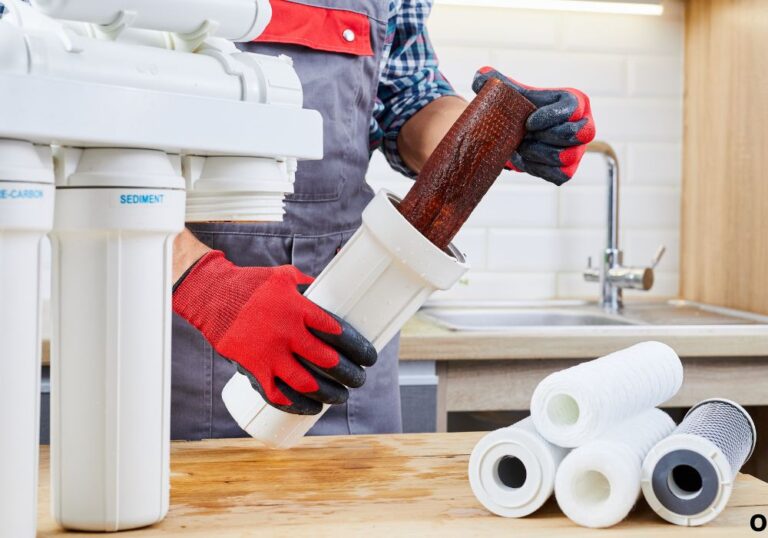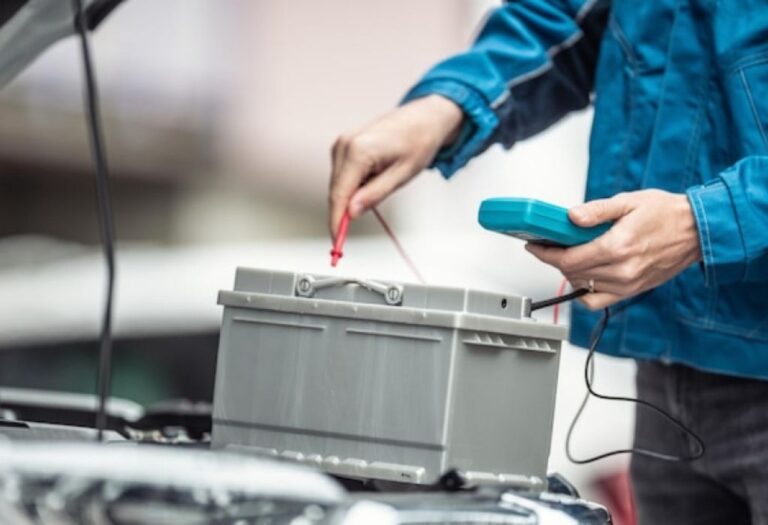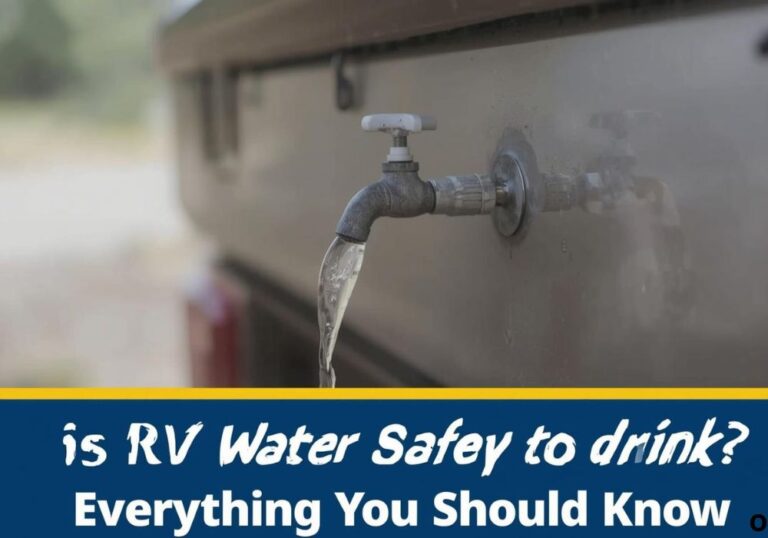Will an RV Converter Work Without a Battery? (Everything You Need to Know)
If you’ve ever spent time in an RV, you know that understanding the electrical system is one of the most confusing parts of RV ownership. Many RV owners eventually ask the same question: Will an RV converter work without a battery?
The short answer is yes, it can work in some situations, but there are important risks and limitations you should know before running your RV without a battery. In this guide, we’ll break everything down: how converters work, when you can safely use them without a battery, when you shouldn’t, and expert tips to keep your RV power system running smoothly.
By the end of this article, you’ll know exactly whether or not your RV converter can run without a battery—and if it’s a good idea for your situation.
1. What Is an RV Converter?
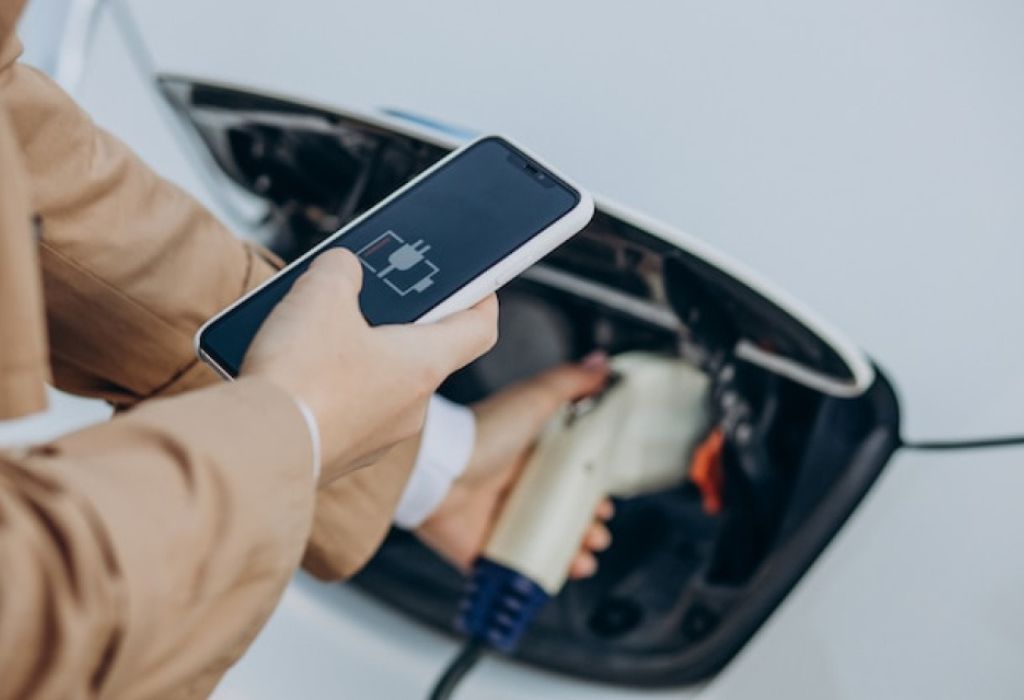
Before we get into the details, it’s important to understand what an RV converter actually does.
- An RV converter takes 120V AC power (from shore power or a generator) and converts it into 12V DC power, which is what your RV’s lights, fans, and appliances need.
- It also charges your RV house battery whenever you’re plugged into power.
- Without a converter, your 12V systems won’t work properly unless you’re running directly off the battery.
Think of the converter as the bridge between your RV and the campground’s electrical pedestal.
2. How an RV Converter Works
- When plugged into shore power, the converter pulls in 120V AC power.
- It steps down the voltage and converts it into 12V DC.
- That 12V DC then powers your RV’s interior lights, water pump, fridge control board, furnace blower, and other appliances.
- At the same time, it charges your RV house battery so that when you unplug, you still have power stored for later.
In short, the converter both supplies power and charges your battery.
3. Do You Really Need a Battery for a Converter to Work?
Here’s the big question.
- If your RV is plugged into shore power, the converter can directly supply 12V power to your RV systems.
- That means technically, you could remove the battery and the converter would still power lights, fans, and other 12V devices.
- However, batteries do more than just store energy—they act as a stabilizer. Without a battery, voltage may fluctuate, and sensitive electronics could be damaged.
So yes, it can work, but it’s not always a good idea.
4. Benefits of Running Without a Battery
In some cases, RVers choose to run without a battery. Here are the reasons why:
- You save money by not having to replace or maintain a battery.
- If you are permanently plugged into campground shore power, a battery is not essential.
- Seasonal or stationary RVers who never boondock may find it convenient to avoid dealing with batteries at all.
For these specific cases, running a converter without a battery can make sense.
5. Risks and Downsides of No Battery with Converter
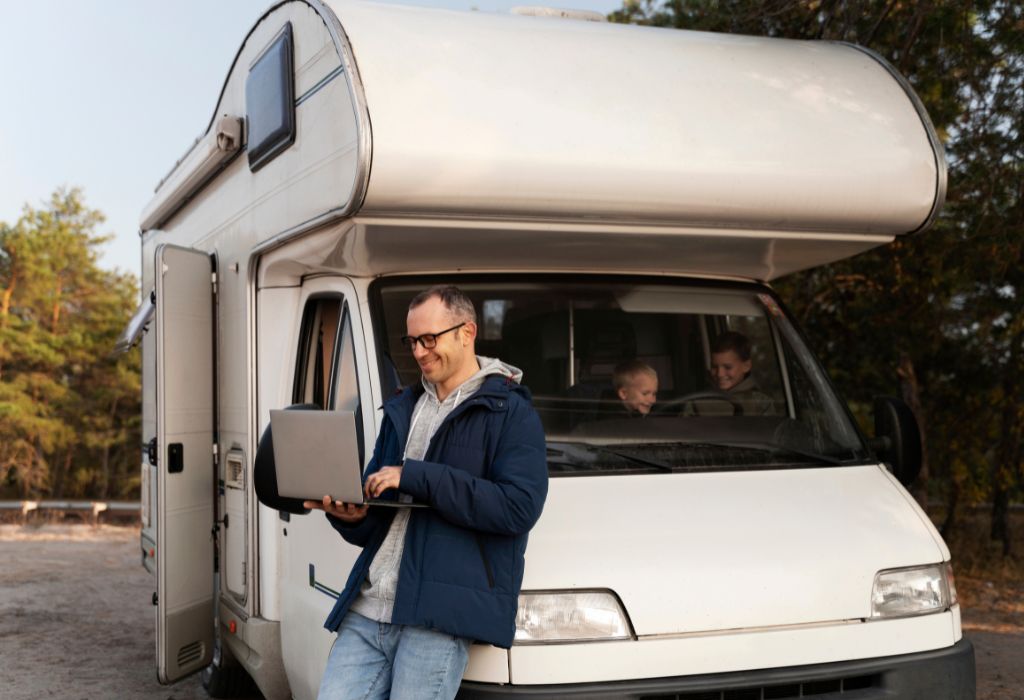
Before you remove your RV battery, consider the downsides.
- Voltage fluctuations can cause damage to sensitive electronics like circuit boards in fridges, TVs, and laptops.
- Appliances such as furnaces or fridges may not run properly without the battery acting as a stabilizer.
- You’ll have no backup power if the campground experiences a power outage.
- The converter itself may have a shorter lifespan because it is under more strain when running without a battery.
Most RV experts recommend keeping at least one battery connected for safety and performance.
6. Scenarios: When an RV Converter Can Work Without a Battery
There are a few scenarios where it’s fine to run your converter without a battery.
- If your RV is parked permanently and always plugged into shore power.
- If you use your RV as a stationary cabin or office.
- If you have a newer converter designed specifically to run without a battery.
In these cases, you can safely run without a battery.
7. Scenarios: When You Should Never Run Without a Battery
On the flip side, there are times when running without a battery is a bad idea.
- Boondocking or dry camping—without a battery, you’ll have zero power once you disconnect from shore power.
- Running sensitive electronics like TVs, laptops, or modern fridges.
- Using a furnace or water pump that relies on steady 12V DC power.
- Traveling—your RV’s braking system and safety lights often require a battery connection.
If you fall into any of these situations, always keep a battery connected.
8. Alternative Power Options if You Don’t Want a Battery
Don’t want to deal with a traditional RV battery? You still have options.
- Use a dedicated 12V DC power supply unit designed for RV systems. These can provide cleaner power than a converter alone.
- Invest in a portable lithium power station that can serve as your battery and be recharged from solar or shore power.
- Add solar panels with a charge controller to provide a steady supply of 12V DC power during the day.
These solutions can reduce your reliance on traditional batteries.
9. Expert Tips for Safe RV Converter Use (With or Without a Battery)
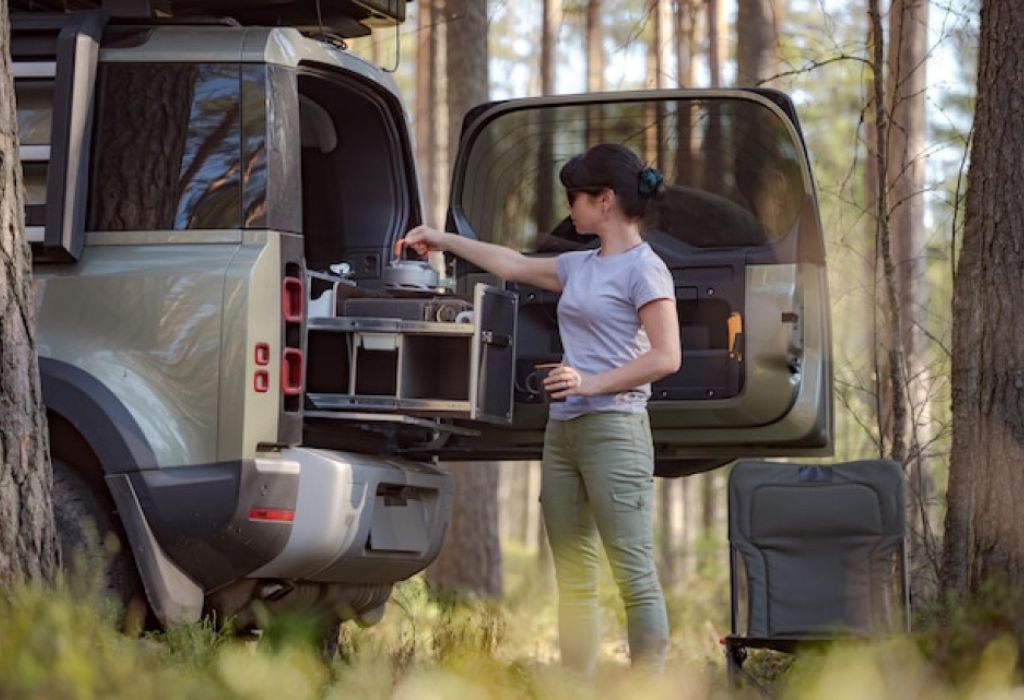
Whether or not you choose to run a battery, here are best practices:
- Always use a surge protector when plugging into shore power.
- Inspect your wiring regularly and tighten any loose connections.
- Avoid running sensitive electronics if your converter is old or unstable.
- If you keep a battery, check its water levels (for lead-acid) and clean terminals regularly.
- Turn off appliances during startup or shutdown to avoid damaging surges.
10. Frequently Asked Questions (FAQs)
Q1: Will an RV fridge run without a battery?
Yes, if you are plugged into shore power and the converter is working. But performance may be inconsistent without a battery to stabilize voltage.
Q2: Can I remove the battery if my RV is in storage but plugged in?
Yes, but only if you are certain you won’t need backup power. Most RVers keep a small battery installed for emergencies.
Q3: Is it safe to drive without a battery installed?
No. The house battery often powers critical systems like trailer brakes and running lights. Always keep one when driving.
Q4: What happens if my converter fails while running without a battery?
All 12V systems in your RV will shut down instantly, since you won’t have stored energy.
Q5: Do newer RV converters handle no-battery setups better?
Yes, some modern converters are designed to run smoothly without a battery. However, check your manufacturer’s manual before removing it.
11. Conclusion
So, will an RV converter work without a battery? The answer is yes—but only in very specific cases. If you are always plugged into shore power and never boondock, you can probably run without a battery.
However, for most RVers, keeping at least one battery connected is the smarter choice. It stabilizes voltage, protects your electronics, and ensures you have backup power in an emergency.
If you want the safest, most reliable setup, invest in a quality RV battery and let your converter do what it was designed to do: keep your RV powered and your adventures stress-free.
I’m David R. Coleman, the founder, lead writer, and lifelong tool enthusiast behind GarageToolPro.com. With years of experience in automotive repair, woodworking, and home DIY projects, I created this platform to share practical tips, detailed tool reviews, and step-by-step guides that help mechanics, hobbyists, and homeowners get the job done right the first time.

